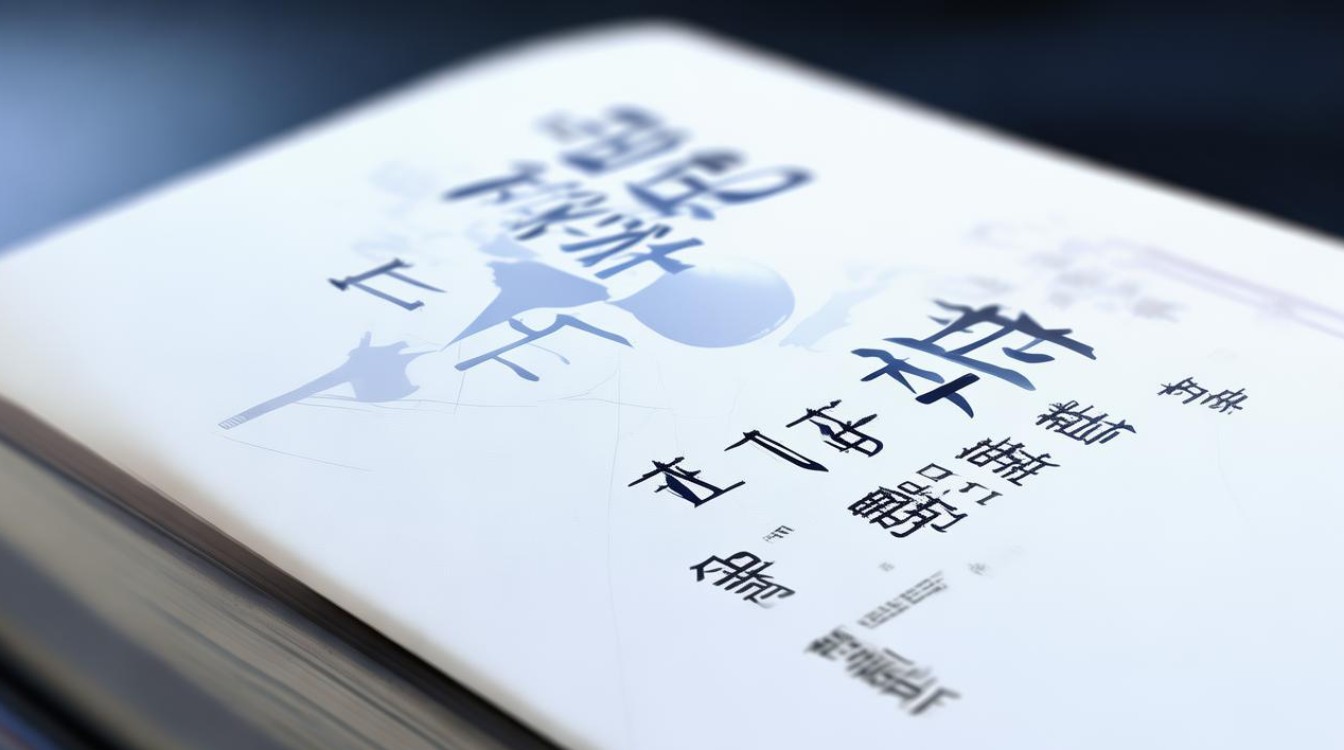对于备战国家公务员考试的考生来说,英语作文一直是重要得分点,国考卷10的英语作文题目通常聚焦社会热点、政策解读或公共事务,要求考生在有限时间内完成逻辑清晰、语言地道的文章,如何写出高分作文?以下从审题、结构、语言三个维度展开分析。

精准审题:抓住核心关键词
国考英语作文题目往往以“现象+观点”形式呈现,例如2023年国考卷10的题目:
“Some people believe that the government should invest more in public transportation to reduce traffic congestion, while others argue that improving private vehicle infrastructure is more effective. Discuss both views and give your opinion.”
- 明确题型:本题属于“双边讨论+个人立场”类,需平衡两方观点后再表态。
- 提炼关键词:public transportation(公共交通)、private vehicle infrastructure(私家车设施)、traffic congestion(交通拥堵),忽略任何一点都可能偏题。
- 限定范围:需围绕“政府投资”与“交通治理”展开,避免泛泛而谈环保或经济问题。
常见误区:部分考生急于表达立场,未充分讨论双方观点,导致内容失衡。
逻辑结构:四段式框架稳拿基础分
高分作文需具备“金字塔结构”——观点明确,论证层层递进,推荐以下模板:
引言段(Introduction)
- 背景句:简述交通拥堵的普遍性(如“With urbanization accelerating, traffic congestion has become a pressing issue in major cities.”)。 用同义替换避免照抄题干(如“While some advocate for prioritizing public transport, others emphasize upgrading roads for private cars.”)。
- 明确立场:直接点出个人观点(如“This essay argues that enhancing public transport is a more sustainable solution.”)。
主体段1(Supporting View 1)

- 论点1:公共交通能服务更多人群(“Public transport, such as subways and buses, carries 50% more passengers per hour than private vehicles.”)。
- 论据1:引用数据(如“A 2022 World Bank report showed that cities with developed metro systems reduced traffic pressure by 30%.”)。
- 论据2:环保效益(“Electric buses produce 80% less CO₂ emissions per capita.”)。
主体段2(Supporting View 2)
- 论点2:私家车设施提升便利性(“Better highways and parking spaces encourage flexible travel.”)。
- 论据1:经济拉动(“The automobile industry contributes to 10% of GDP in some regions.”)。
- 反驳句:指出局限性(“However, expanding roads may induce more car purchases, exacerbating congestion in the long run.”)。
结论段(Conclusion)
- 重申立场:用不同句式强调(如“Thus, allocating funds to public transport aligns with long-term urban planning goals.”)。
- 建议或展望:提出具体措施(如“Governments could integrate bike-sharing systems with metro networks to maximize efficiency.”)。
语言升级:从“正确”到“地道”
阅卷人青睐“学术化表达”,需避免口语化词汇和冗余句式。
-
词汇替换
- 普通表达:important → 升级词:crucial/pivotal
- 普通表达:good → 升级词:beneficial/cost-effective
-
句式多样性

- 倒装句: “Not only does public transport reduce pollution, but it also saves commuting time.”
- 虚拟语气: “Were the government to invest in subways, traffic flow would improve significantly.”
-
衔接词优化
- 并列:furthermore, equally important
- 转折:nevertheless, conversely
真题演练与避坑指南
以2022年国考卷10题目为例:
“Should governments provide free Wi-Fi in public spaces? Discuss the pros and cons.”
低分案例:
“Free Wi-Fi is good because it helps people. Many people like it. But some think it’s bad.”
问题:论点空洞,缺乏具体论据,语言幼稚。
高分案例:
“Proponents argue that free Wi-Fi bridges the digital divide, enabling low-income groups to access online education (e.g., MOOC platforms). Conversely, critics warn of cybersecurity risks, as open networks may expose users’ data to hackers (a 2021 Kaspersky study revealed 40% of public Wi-Fi hotspots lacked encryption).”
避坑要点:

- 勿堆砌模板句,如“Every coin has two sides.”
- 勿使用绝对化表述,如“Everyone agrees that…”
备考资源推荐
- 官方素材:国务院英文版白皮书(如《China’s Transport Development》)积累专业术语。
- 外刊精读:《The Economist》的“Leaders”栏目学习论证逻辑。
- 语法工具:Grammarly检查基础错误,Ludwig.guru模仿地道搭配。
公务员考试英语作文并非单纯测试语言能力,更是思维严谨性的体现,与其追求华丽辞藻,不如扎实训练“观点-论据-的闭环逻辑,在有限篇幅内展现批判性思维,才是脱颖而出的关键。

